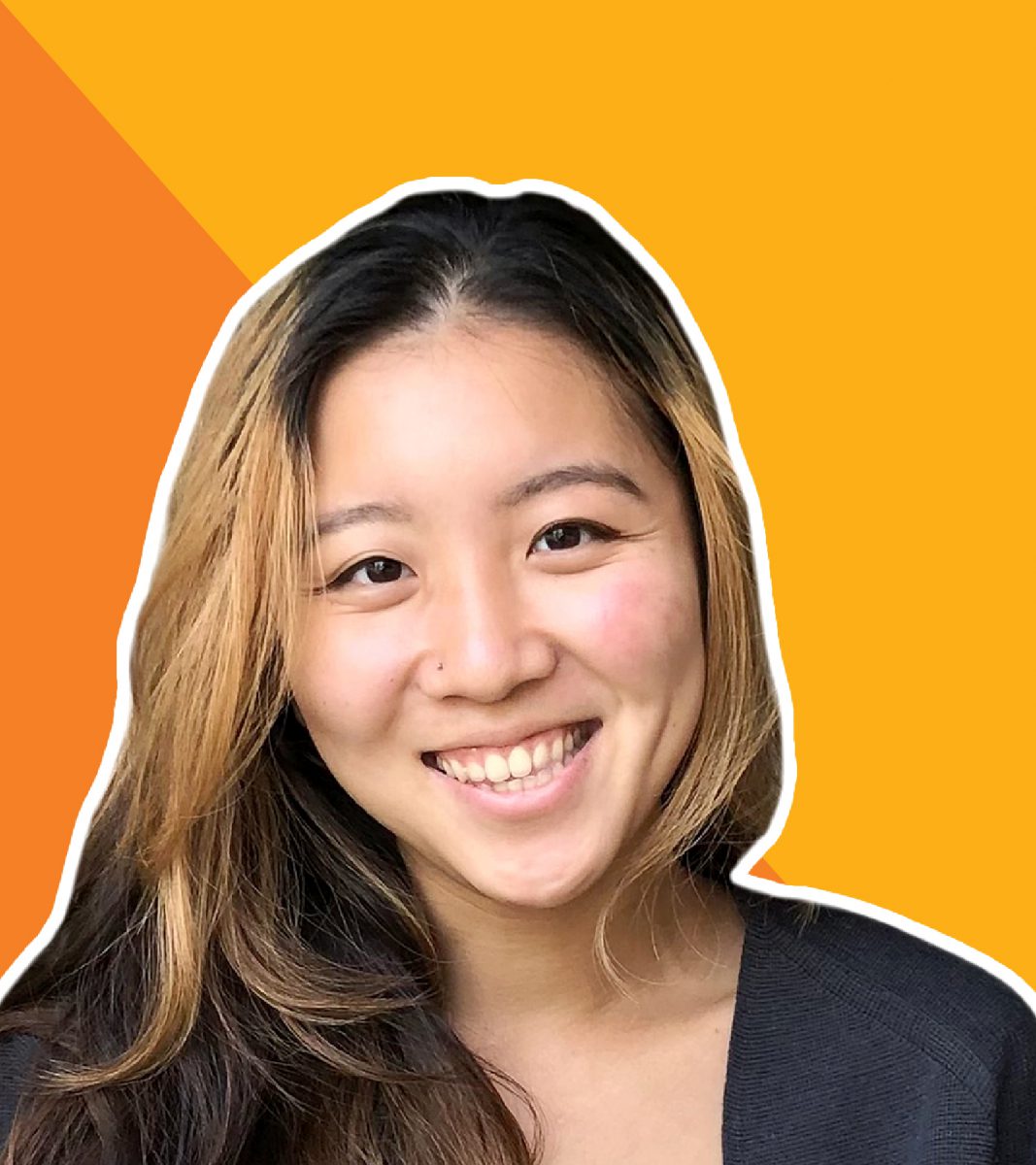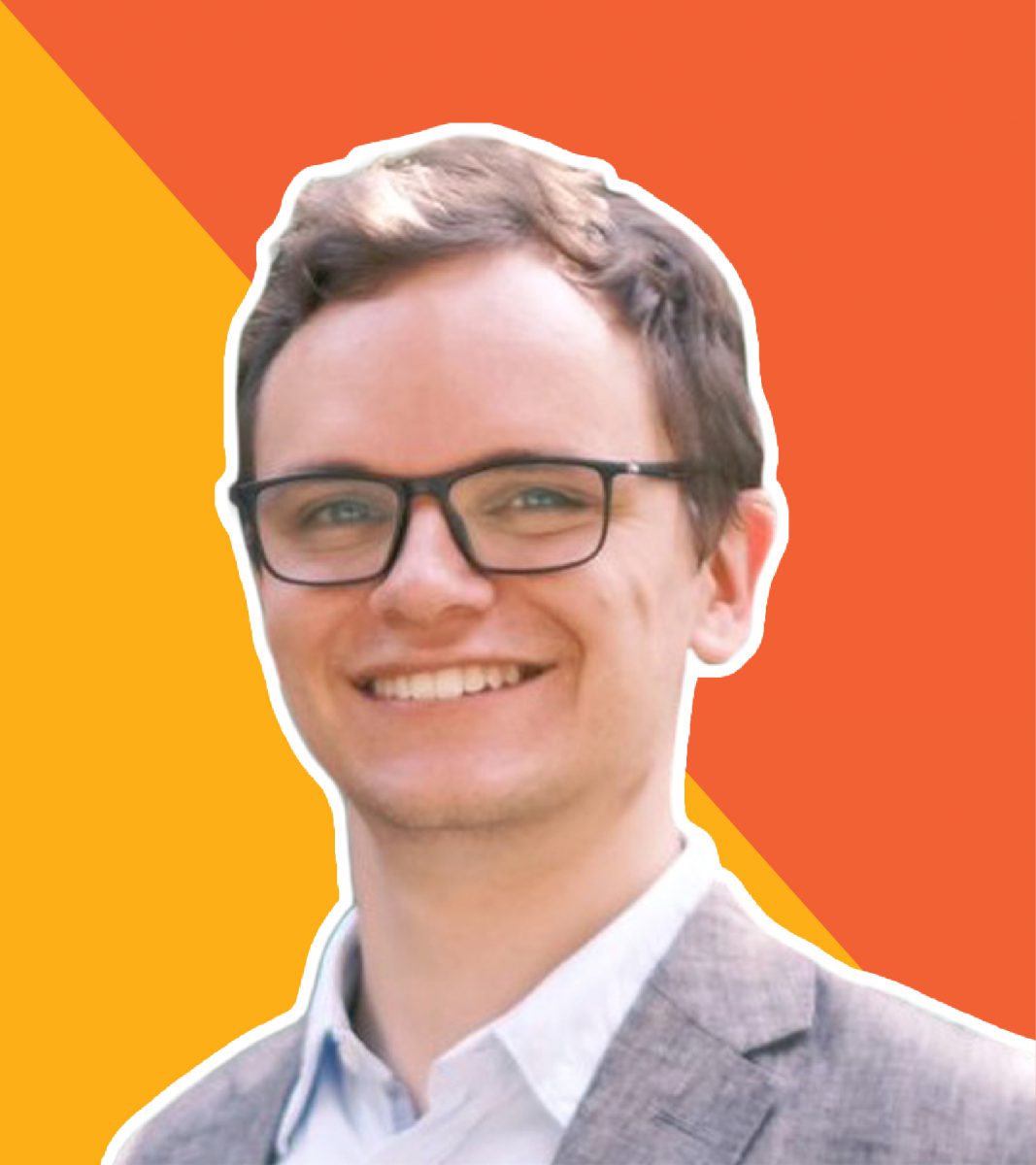Program for Research on Inequality (PRI) awards research grants to six Princeton students
The Program for Research on Inequality (PRI) at Princeton has awarded new research grants to six Princeton graduate students pursuing innovative, exciting work on the topic of inequality. The grants, awarded by PRI Director Ellora Derenoncourt, reflect PRI’s mission to foster community among scholars of inequality in economics, at Princeton and beyond, and to actively support research in this area.
Each grant recipient is pursuing a Ph.D. in economics at Princeton. Learn more about their research projects below.

Jiwon Choi
Jiwon Choi’s research aims to understand how industrialization, in particular the rise of the textile industry in the US South, affected the racial economic gap during the early twentieth century. Even though local industrial development usually improves the economic well-being of the residents, the historical narrative suggests that employment discrimination and labor institutions in the South blocked the opportunities for black workers to benefit. The research plans to quantify to what extent industrialization affected the racial economic inequality during this period and further examine how racial discrimination may have affected the overall efficiency of economic development in the South.
"Using the research grant by PRI, I plan to digitize annual plant-level data on the Southern textile industry. The funding will jumpstart my large-scale digitization effort," Choi said. "I hope to make the database publicly available in the future."

Amy Kim
Amy Kim's project is on race-blind affirmative action and its effect on diversity in competitive programs like engineering and business. Specifically, she's looking at the Texas Top Ten rule, which guarantees automatic admission to state flagships for the top ten percent of each high school's graduating class, but does not guarantee admission to a particular program, especially if it is highly competitive. Although there is some evidence that the Texas Top Ten rule increases diversity in college enrollment for some underrepresented groups more generally, it is unclear how the rule affects enrollment in specific programs. Depending on students' preferences, the rule could either encourage students to enroll in less competitive programs at highly ranked schools, or to enroll in the (preferred) more competitive program at a lower ranked school. Either way, the rule has implications for future earnings, and may have different impacts on students from underrepresented minorities or lower-income families.
"I'm using the funding to access administrative data from Texas, which will allow me to link high school records, college records, and post-graduate wage data to try to map out the full effects of this policy on underrepresented groups, their choice of school and program, and their future wages," said Kim. "I think it's important to think about how policies that are implemented with the goal of increasing diversity in one particular way can often have unintended consequences, affecting diversity along other dimensions as well."

Hugo Lhullier
Hugo Lhullier's research studies why some cities are more unequal than others, and the extent to which cities generate wage inequality. Such understanding is crucial to evaluate the role of local and federal policies (e.g. an increase in the federal minimum wage, or place-based firm subsidies) on the spatial distribution of economic activity as well as on local and national inequality.
"To understand the drivers of local inequality, I use administrative data from France that follow workers over time and over space and allow me to understand why workers' careers differ from one location to another," Lhullier said. "The generous financial support from the Program for Research on Inequality will help me to have access to this data."

Lukas Mann
Lukas Mann's project studies how place-based policies that target worker or firm location choices can affect both inequality and aggregate efficiency. To this end, he estimates a model of labor markets with rich underlying heterogeneity of firms, workers, and locations. Workers search in markets that are characterized by potentially large mobility costs, leading to effective segmentation of labor markets across space. He estimates this model by building on recent methodological advances in the estimation of latent two-sided heterogeneity in worker-firm matching markets and uses it to conduct policy simulations. Given that many countries have programs designed to redistribute economic activity across space, understanding how such policies affect segmentation and therefore labor market inequality and efficiency is important.
"The ultimate goal of the project is to find out what policies are optimal in such a setting and whether there can be policies that simultaneously increase output and reduce inequality," Mann said. "I am very thankful for the support by PRI which will help me to improve and disseminate this research."

Simon Margolin
Simon Margolin's project studies the impact of corporate taxes on workers' income. Over the last forty years, corporate income tax rates have fallen substantially across the world, but the unequal distribution of the benefits from corporate tax cuts generates biases in the measured aggregate impact of such cuts. The effects economists estimate at the micro-level do not provide reliable information about the macroeconomic consequences of tax reforms. This project aims to identify and correct this aggregation bias in order to better inform researchers and policy makers attempting to assess the impact of corporate tax cuts, such as the 2017 TCJA, on workers.
"The burden of corporate taxes is unequally distributed between workers and capital owners, and between workers with different characteristics," Margolin said. "The only way to measure this worker-level inequality is to exploit detailed administrative data that collect information from corporate tax returns. This research grant will help me explore these rich data to analyze this understudied source of inequality."

Casey McQuillan
Casey McQuillan's research will explore the causes and consequences of incomplete take-up of unemployment insurance (UI), evaluating whether it compromises the goals of the UI program, how this may contribute to inequity, and whether an information intervention can improve welfare. To do so, he's working with the Employment Security Department that administers UI to workers in the state of Washington. The project aims to: (1) identify the causes of inequities in UI benefits using administrative data that allows us to separately look at application rates and the adjudication process; (2) conduct a field experiment to test how an information intervention on unemployed workers affects take-up. The work is being jointly conducted with Stanford Ph.D. student Brendan Moore.
"The UI program provides crucial income support for workers when they lose a job through no fault of their own, and yet take-up is far from complete with estimates around 45 percent," McQuillan said. "This is much lower than both take-up for UI in other countries and for other public programs in the US like the Supplemental Nutrition Assistance Program (SNAP) or the Earned Income Tax Credit (EITC). Additionally, recent research showing historically marginalized groups are less likely to receive UI raise concerns about equity in the provision of UI. This raise concerns that workers, particularly disadvantaged ones, are not able to access the benefit when they really need it.”
"As the field experiment is set to launch this year, the funding from the Program for Research on Inequality (PRI) will be put towards developing and testing the information intervention as well as travel to be on-site when it launches. More than anything, I am excited to receive support and feedback from the faculty and researchers at PRI interested in the intersection of labor economics, public policy, and inequality."